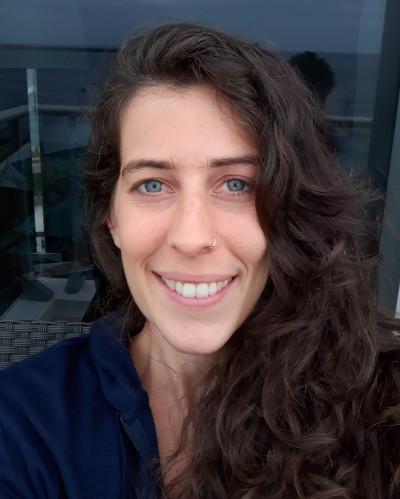Assessing Students In The 21st Century
TalkEvaluation
3rd Shaw-IAU Workshop
Wednesday Oct. 13, 2021
UTC: 6:50 a.m. - 7 a.m. America/Chicago: 1:50 a.m.- 2 a.m.
Thursday Oct. 14, 2021
UTC: 7:20 p.m. - 7:30 p.m. America/Chicago: 2:20 p.m.- 2:30 p.m.
Innovation in education has been a very much debated theme around the world and teachers have been making huge efforts to update their teaching methods. From shifting the classroom into a more student-centered environment to the use of games for learning and the personalized and individualized approach to teaching, education is suffering a huge transformation. However, one question is often asked by teachers, which is: “How can I assess my students when I teach in innovative ways?”.
When teachers shift their teaching methods and offer students a diverse and more personalized learning experience, the traditional standardized tests and exams become obsolete. If students encounter different learning opportunities inside the classroom and have the freedom to explore their own interests while learning fundamental life skills, it is natural to think that each student will acquire slightly different pieces of knowledge and retain different concepts at the same time. Therefore, a standardized assessment that focuses on such knowledge retention will not effectively portrait the real learning development of each student.
Moreover, in an era where knowledge is easily accessed through a browser and a smartphone, it becomes imperative to shift the focus of student assessment. More than evaluating the ability to retain knowledge, it becomes important to focus both teaching and assessment in the development of fundamental skills like learning how to learn, critically thinking, innovation, divergent thinking, collaboration, communication, creativity, self-confidence, self-awareness, self-regulated learning, amongst others.
Considering all the forementioned it is important to develop innovative ways of assessing students so that assessment itself becomes a powerful tool in the learning process. Tools like checklists, rubrics and automated global assessment tools are proposed.
Watch a recording of this talk (external link)





